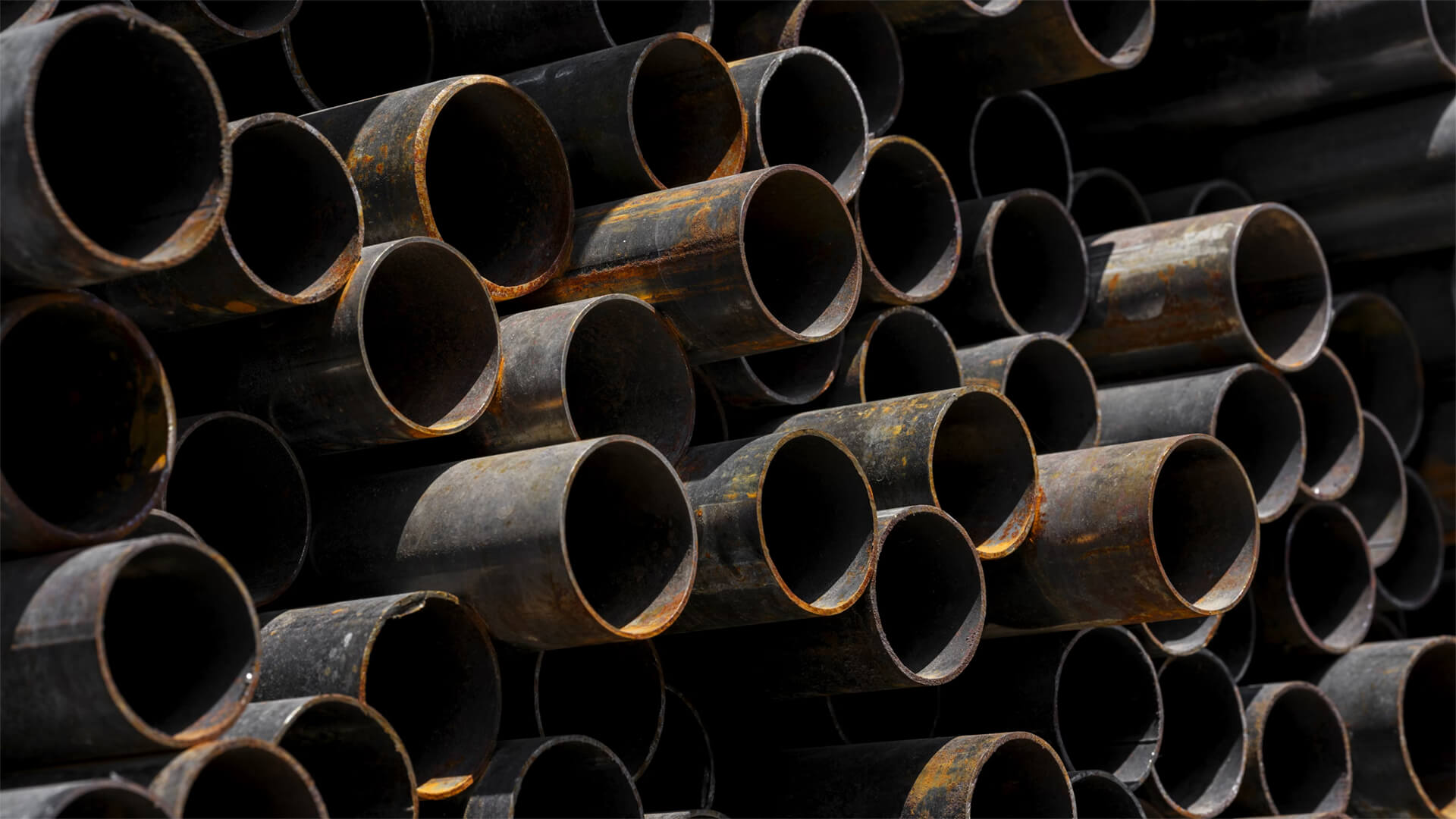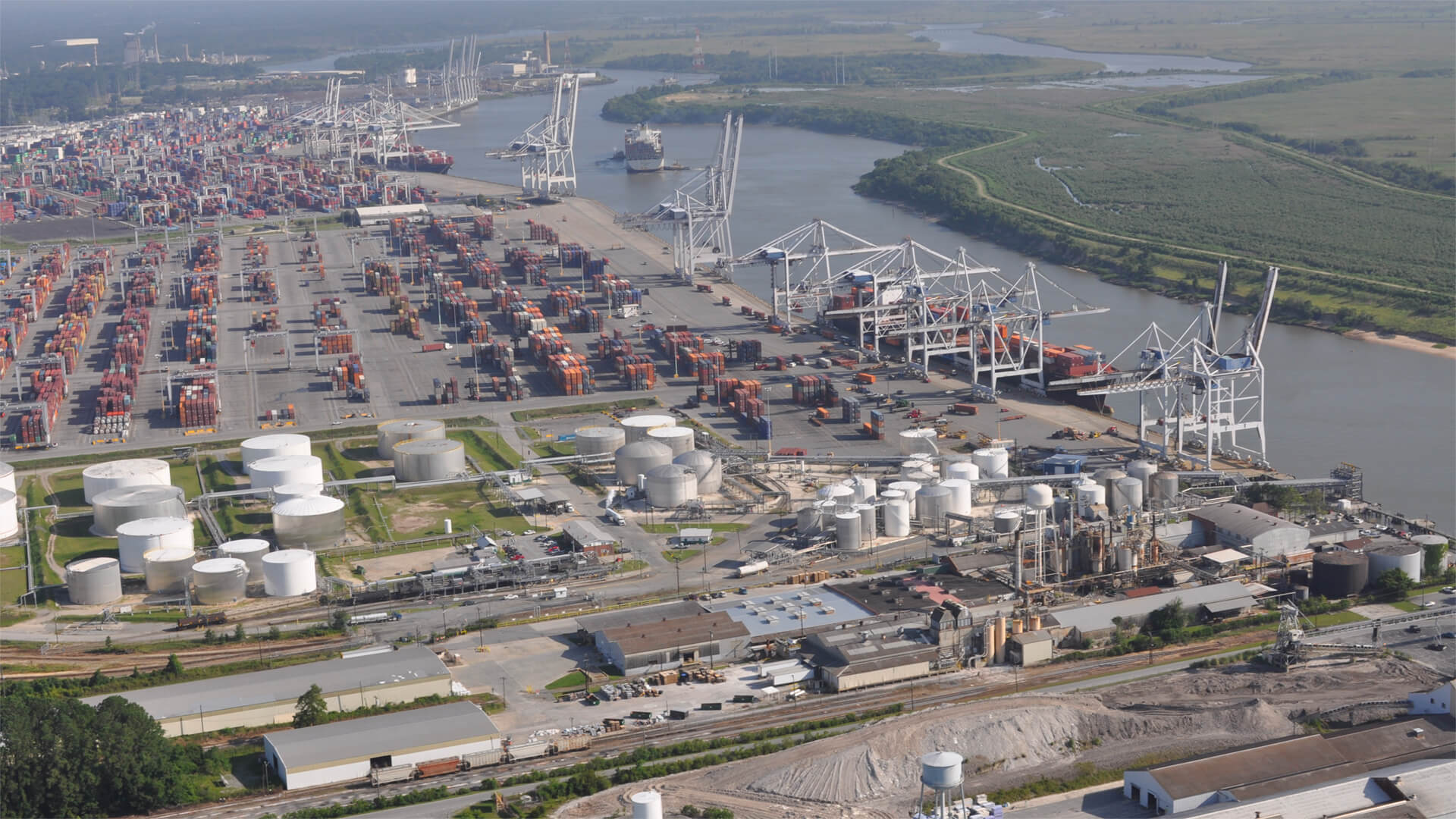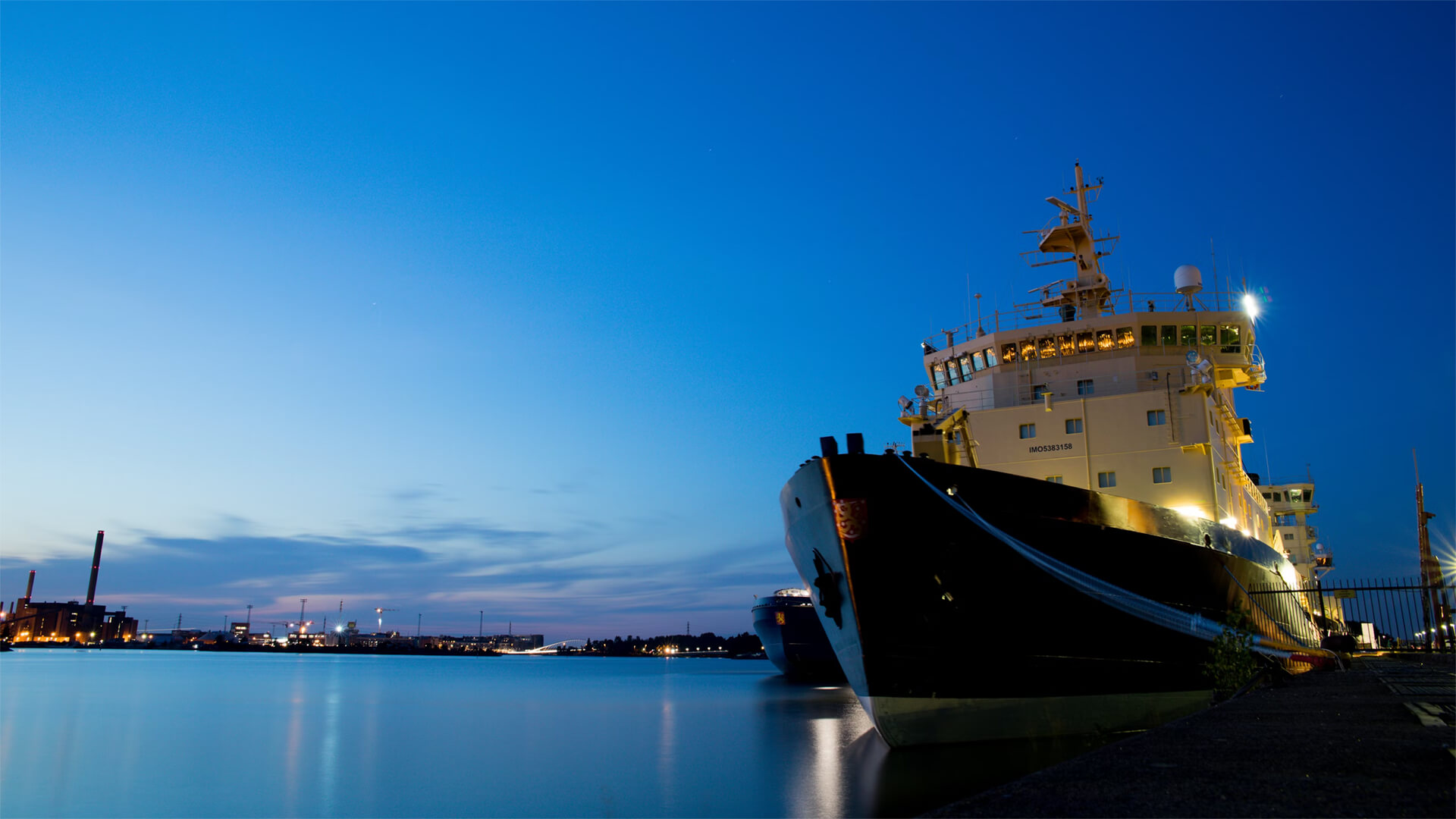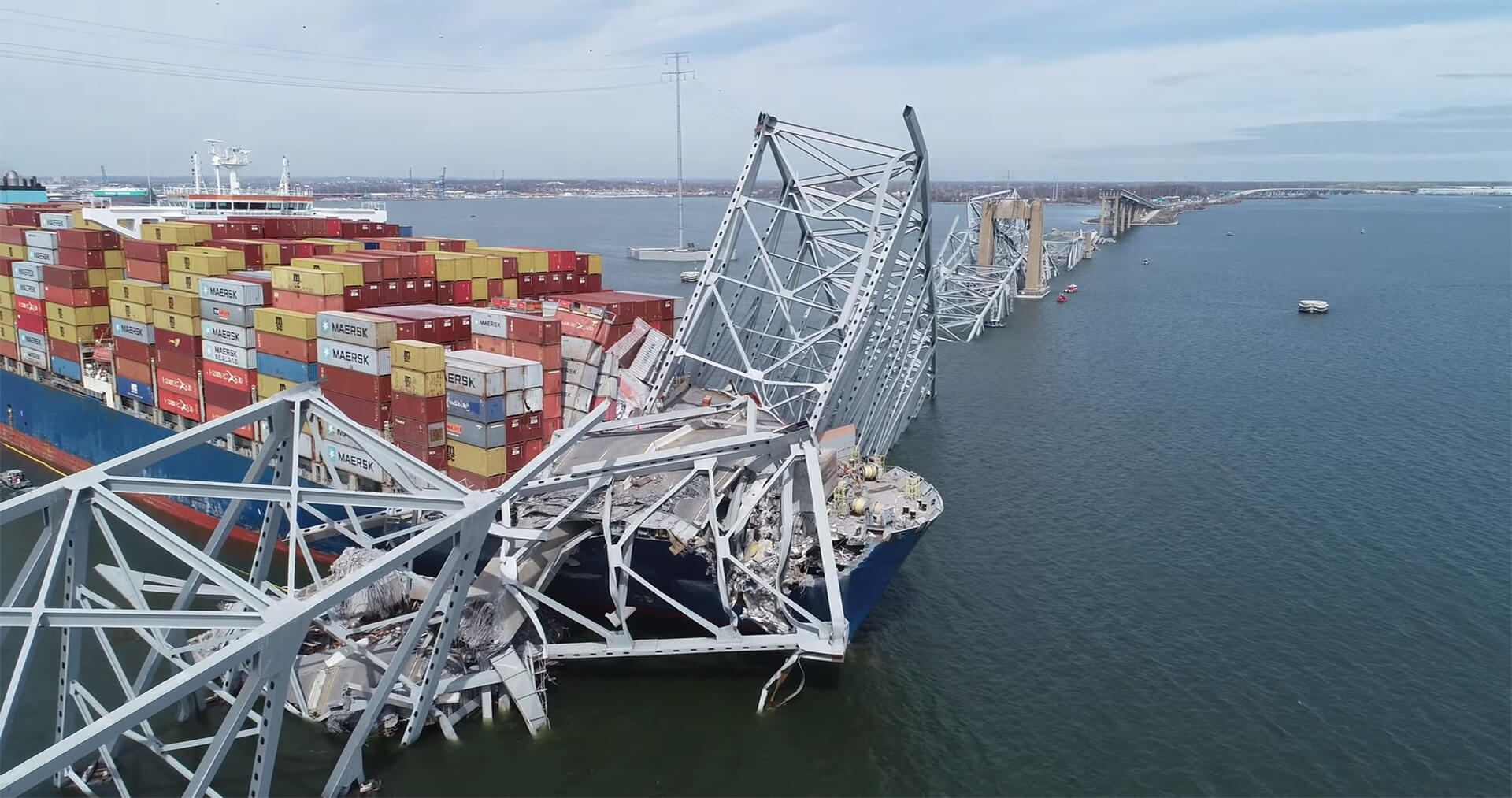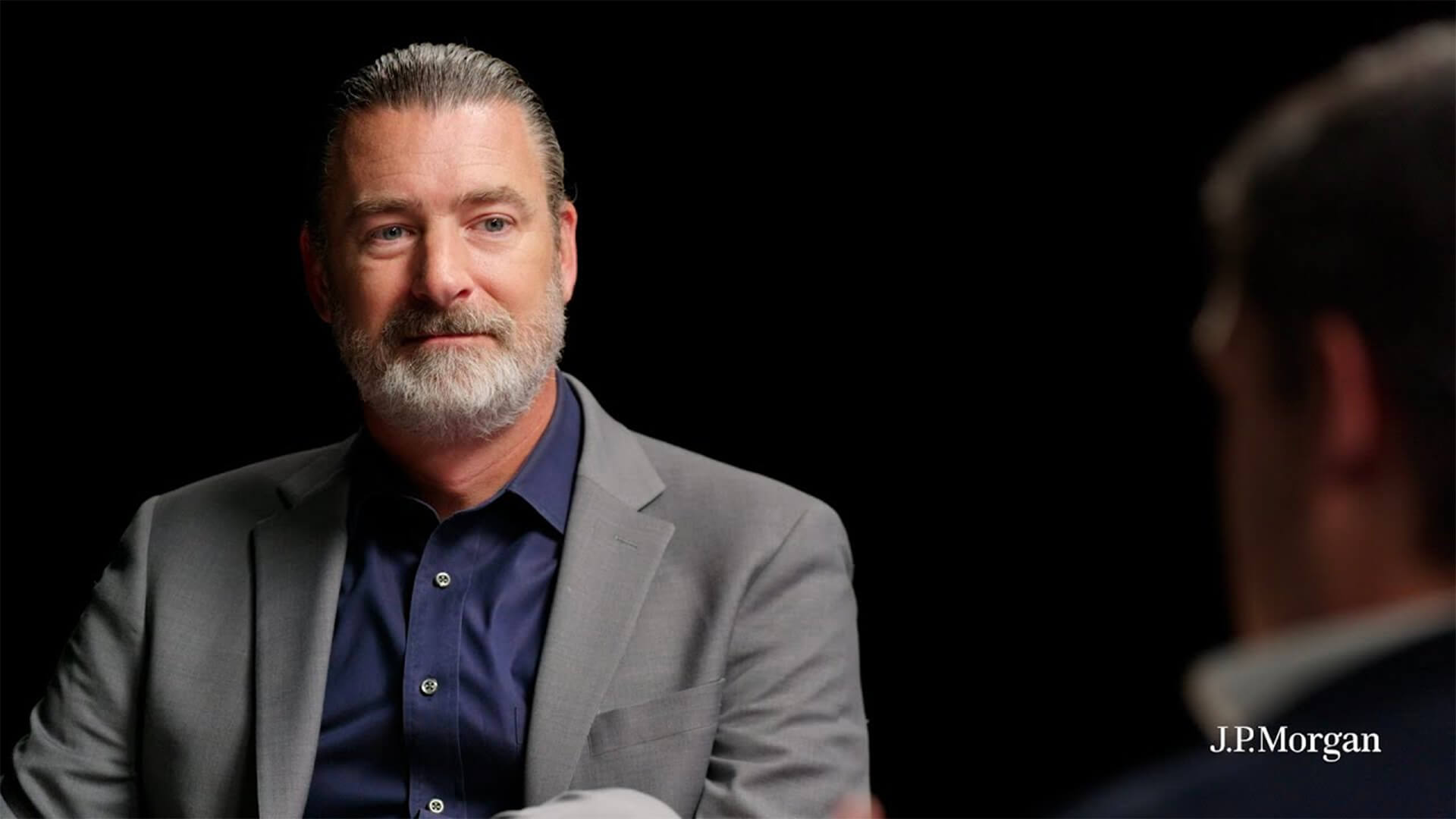Hey everybody. Peter Zeihan here. Coming to you from Wynona Bay. Just outside of Carmel Town in north east New Zealand. Doing a lot of little things have happened in the last 48 hours that are threatened to boil up into, something very significant. So let me go through the three items in our time together. First of all, the Russians had a cargo ship that sank in the Mediterranean.
There’s some question as to whether sabotage was involved. What’s unique about this ship is, you know, the Russians don’t have much of a merchant marine at all. And this one was a roll off, roll on vehicle that can just accept vehicles from pretty much any sort of facility. Doesn’t even have to be a proper loading port or anything.
There were also a couple construction cranes on board and a lot of specialty equipment for the Russian icebreaker fleet, most notably its nuclear fleet. Anyway, without this ship, the Russians are going to have a hard time moving things around the Mediterranean, where they’re in the process of evacuating their forces from Syria. And in the longer term, there, icebreaker, nuclear or icebreaker, which is under construction, which was supposed to be operational already has been pushed back to 2027 and 2030, probably will never be built because the Russians can’t build, the sort of specialty parts that were on board, one of which is something as simple as hatches.
So we’re looking at the beginning of the end of the Russian merchant marine because they now can’t move the pieces around. Sanctions prevent them from moving or buying everything else that they need. Second, Benjamin Netanyahu, the prime minister of Israel, has announced the beginning of a much broader assault against the Houthis of Yemen. Now, the Houthis are a militant group, Islamic, that are sponsored by the Iranians.
And the Iranians have basically been supplying them with weapons over the last 20 years.
Yeah, it’s probably too much. It’s got 15 years, in order to destabilize all kinds of things in the country, because they see the Houthis as an eminently disposable ally or proxy, whatever the right word is. Because basically they’re a bunch of desert fighters who have never been able to hold anything together, completely incompetent at administration, and not very good at attacks either.
But they know how to operate a chunk of equipment that flings a weapon. So they’ve been used to attack population centers and oil facilities in Saudi Arabia. They have been used to take out some things in Israel. They’ve engaged in some, like piracy, and they’re just generally a strategic nuisance. The countries in the neighborhood that have tried to quell them, most notably Saudi Arabia, have done bombing campaigns in the on again off against sponsorship of other sides in the ongoing Yemeni civil war.
And but the terrain is very difficult. The Houthis are, if anything, persistent. And it has basically been impossible for anyone to bring Yemen to heel. And that is not something that this is the last ten, 15 years. That goes back centuries. It’s an unruly place with a difficult geography, and no one has really had a lot of fun operating there.
I don’t think that, the Israelis will be successful in rooting out the who? These. Fabulous. Put that to the side right now. But, the Israelis have definitely demonstrated some interesting out-of-the-box thinking over the last few months, and in doing so, have participated in the destruction of Syria as a conventional power had destroyed Hezbollah in Lebanon.
And, well, their operations in Gaza against Hamas, are let’s just call that complicated. Hamas is definitely in a box and cannot strategically expand at all. So to say that, success against the Houthis is impossible is, of course, ignoring recent history. I’m more concerned with how they would interrupt the flow of the weapons systems that they have a problem with, because the Houthis have been doing long range drones and missiles and talking to Israel directly.
And to go after that sort of stuff, they would have to go after the ships that sail from Iran to supply the weapons systems. So that’s two third Finland just all over the place today. The Finns have, boarded and impounded the first ship of the Russian shadow fleet. One of the things we’ve been seeing over the last several months, really started about 18 months ago, but really accelerated recently is that the Russians have been either directly or through third parties, like the Chinese.
Getting ships operating in the Baltic Sea to drag their anchors to sever subsea physical infrastructure, within the northern Baltic, specifically places that transmit data or electricity among Sweden, Finland, Estonia, Latvia, Lithuania, and the ship that they have now impounded is accused of basically dragging its anchors and severing five different cables in a short period of time.
Now, in the past, what has happened is when the Russians have done this, they’ve done it to one at a time. They’ve done it through a third party vessel, most notably a Chinese vessel. And the ship has gone before anyone realized what was going on. But this time, two things have changed. Number one, the, all the Scandinavians, all the the Baltics, all the Nordics are more on to it.
And they’ve been watching a lot more closely. And the Russian vessel, did several in short order. And the vessel itself is part of the Shadow fleet, which means it’s old. It’s rusty. Probably couldn’t pass a safety inspection in Guatemala, much less in Finland. And so the Finns were already watching it. And so when these cables got snapped one after another in a short period of time, they really had no doubt as to what was in play.
Okay. That’s a lot. What’s going on here is we’re seeing a multi vector challenge to the naval order that allows international trade to happen. One of the things that we had in the world before World War two was unless you could provide naval security for your ships, you just didn’t sail somewhere. Or if you did, you did so without any insurance or confidence, that the ship could make it.
It was very, very risky business. One of the many, many things that globalization has been very successful about is about making it so that anyone can sail anywhere at any time and interface with any partner to access any commodity or any product. And that has engendered not just global trade as we know it now, but the expansion of various economic sectors in a way that just simply wasn’t possible before.
So, for example, today, over half of all internationally traded oil sales, long haul ships. And that means if you’re going from the Persian Gulf to the East Coast or Northeast Asia, wherever, you can do so without much fear that your cargo is going to be anything inopportune. And for that rare occurrence where something might go wrong, you can buy an insurance policy for your vessel and its cargo, which only costs about 1% of the cost of your ship every year.
Quite affordable. Same thing for food production. Roughly a third of all food production globally is shipped in a similar manner, with a similar insurance for fishermen. And the very existence of a manufacturing sector in the world is courtesy of this sort of security set up. Because if you’re looking at something like, say, a stereo, you know, there’s roughly 400 parts in that thing.
You’ve got 400 different producers for each part, some of which have their own supply chain stretching back several steps, and intermediate products are shuttled around. Well, especially in East Asia, almost all of that, well over 95% of that is done on the water. And none of this would be possible without a relatively peaceable international system. Well, now we’re seeing that system hit from a number of different angles.
You’ve got the Russians who are basically turned much of the Black Sea to no go zone. You’ve got the Ukrainians who have started to go after Russian shipping in that space. We now have the Baltic states and the Nordic states, Scandinavian states, sorry. Most notably Finland, that have just impounded one of the ships that is taking advantage of that order in order to evade sanctions.
And we now in the Middle East have a situation where the Israelis, on a little bit of a high after the fall of Hezbollah and the fall of Syria, are going after another strategic irritant, the Houthis, which means they have to go after the shipping in order to interrupt the weapons. All of this is happening at the same time.
And one of the things I hit very hard in my, my last book, The End of the world, is just the beginning. Talking about the end of globalization is that the maritime order is based on trust. The trust that your ship will get there, the trust that the Americans will enforce the sea lanes, the trust that no one will challenge that.
And all of that is now falling apart. And in the book, I mentioned that, you know, it doesn’t really matter, what it is that breaks the system of trust. I must admit, having Israel and the Houthis or the fins and the shadow fleet on the bingo card. Not specific things I predicted, but it doesn’t really matter what it is.
Because as soon as states, for whatever reasons, have a vested interest in going after the system, the trust is broken and the insurance system can’t handle it. And that’s when we get a rapid fire breakdown in all types of shipping, because it’s no longer profitable or safe manufacturing is definitely the sector where we will feel it. First, in the United States, for most of the rest of the world, it’s going to be a race between energy and agriculture.
So we are in the witching hour of this system right now. And based on how any of these issues unfold could get really rocky, really quick and never take your eyes off the Russians because they’ve just lost the ability to maintain their icebreaker fleet, which means the entire Arctic route is something that is no longer strategically viable for them.
And if that is the case, then the Russians have a vested interest or may perceive that they have a vested interest in challenging parts of the system itself. We’ve been in this weird little holding pattern globally for the last decade, roughly where it wasn’t apparent that the Americans had the will, the interest or the ability to maintain the global order.
And lots of countries that are American rivals started challenging the US and various points thinking that the future was the Americans will keep the world safe for everyone, but they can carve out whatever they want for themselves, and we’re about to see all of that blow up in everybody’s faces. The future on the other side of this, from my point of view, is pretty clear.
You basically have regional powers that can guarantee regional security for the waves. And so you can have regional trade systems or national trade systems, but the days of long haul multi continental shipping that have dominated manufacturing, agriculture,
And energy since 1950 were at the very end of that. And it’s going to be interesting to see whether it’s Finland or Israel or Russia that fires the shot that formally breaks the system.
But these are just three examples of how easy it would be for this whole thing to come unwound. And we may very well see this before I get back from New Zealand. Yikes.




